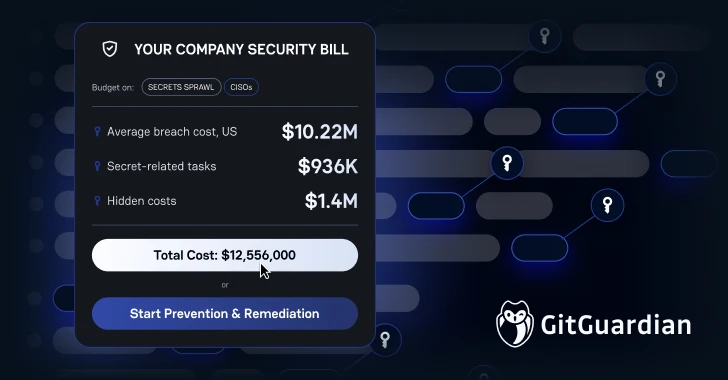Data Subject Access Requests (DSARs) have become a pivotal aspect of compliance for organizations globally, driven by the expansion of privacy regulations. These requests empower individuals to inquire about the personal data organizations hold on them, challenging the robustness of corporate data management and compliance frameworks.
The Escalating DSAR Landscape
Originating from the right of access stipulated in Article 15 of the EU General Data Protection Regulation (GDPR), DSARs have gained prominence across various jurisdictions. They enable individuals to request access to their personal data, comprehend its usage, and exercise their privacy rights.
Recent statistics indicate a significant surge in DSARs. For instance, the UK’s Information Commissioner’s Office (ICO) received over 15,000 DSAR-related complaints between April 2022 and March 2023, underscoring the growing focus on these requests. This trend presents a mounting challenge for multinational corporations striving to maintain compliance.
Compliance Obligations and Timelines
Privacy laws mandate organizations to address DSARs within specific timeframes, typically ranging from 30 to 45 days. Under GDPR, responses must be provided without undue delay and within one month of receipt, with a possible extension of two months for complex cases or multiple requests from the same individual.
In responding to a DSAR, organizations are required to furnish comprehensive information, including:
– Confirmation of personal data processing.
– A copy of the personal data in question.
– The purposes of data processing.
– Details of third parties with whom the data is shared.
– Categories of personal data being processed.
– Sources of data, if not collected directly from the individual.
– Data retention periods.
– Information about automated decision-making processes.
Strategies for Effective DSAR Management
To adeptly handle the increasing volume of DSARs, organizations should implement structured workflows:
1. Multiple Submission Channels: Establish various avenues for DSAR submissions while verifying the requester’s identity to prevent unauthorized data disclosures.
2. Comprehensive Data Retrieval: Conduct thorough searches across all systems and networks to locate personal data, acknowledging that data may be dispersed or duplicated within the organization’s infrastructure.
3. Data Review and Packaging: Ensure that all collected information complies with disclosure requirements, taking care to protect the privacy rights of other individuals.
4. Clear Communication: Deliver responses in plain language, encompassing all necessary elements to meet compliance standards.
Risks of Non-Compliance
Failure to properly manage DSARs can lead to significant repercussions:
– Regulatory Penalties: Non-compliance can result in substantial fines under various privacy regulations.
– Reputational Damage: Delayed or inadequate responses may erode customer trust, as data privacy concerns are increasingly paramount.
– Operational Inefficiencies: Manual processing of DSARs can create bottlenecks, heightening the risk of security incidents.
A recent study revealed that 94% of companies subject to GDPR are unprepared to meet its privacy compliance requirements, with 95% relying on costly, error-prone, and time-consuming manual processes.
Future Outlook
As public awareness of data privacy grows, with 79% of individuals expecting control over their personal information, organizations must prioritize efficient DSAR management. Implementing automated solutions and robust compliance programs is essential to navigate the evolving landscape of data privacy regulations.



